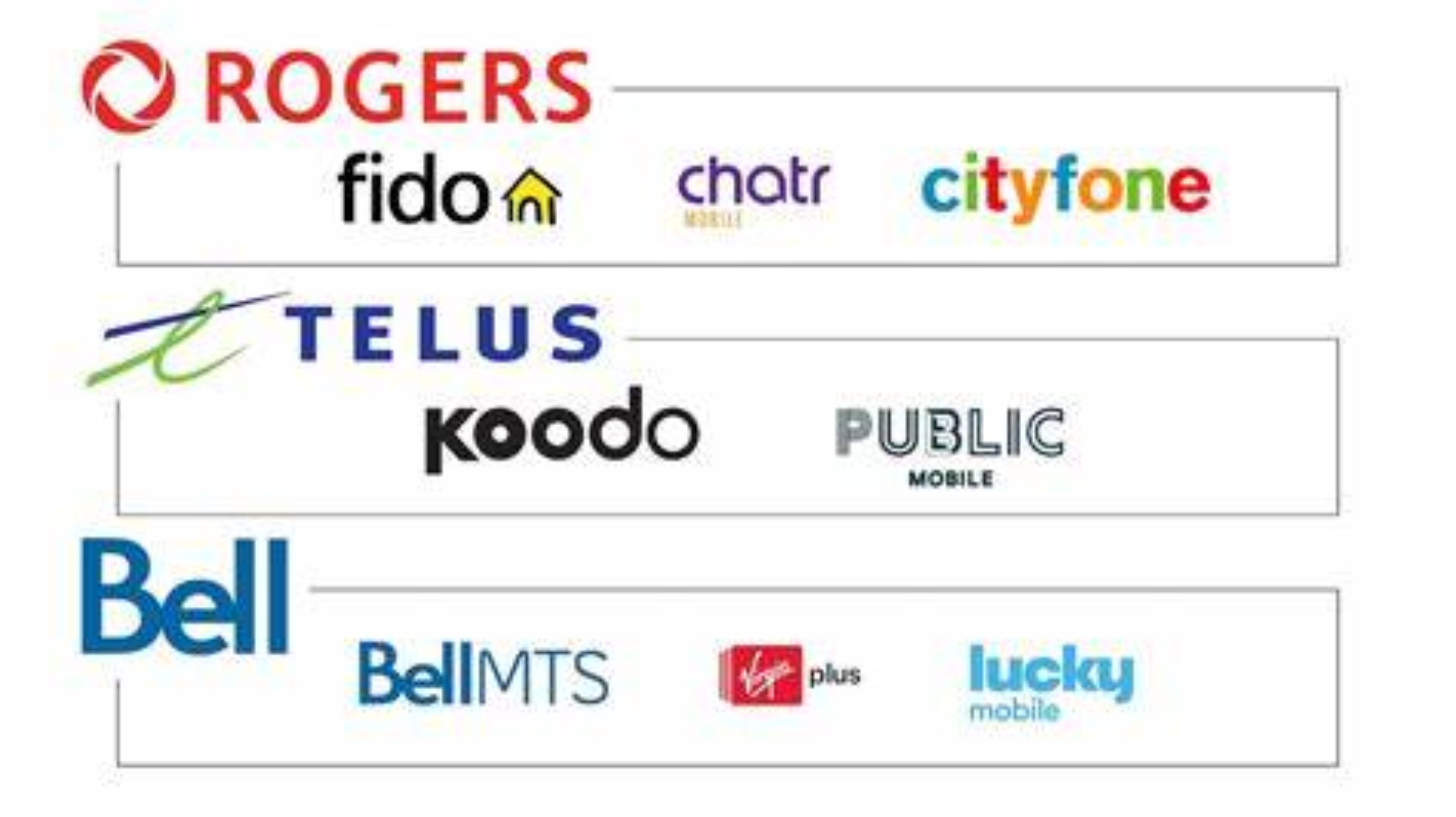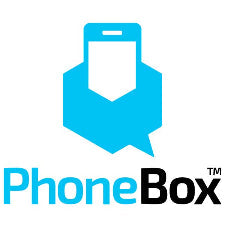
Fundamentals of the telecommunications industry in Canada
1. The Big Three Telecom Operators in Canada and Their Sub-Brands:
- Telus: Sub-brands include Koodo and Public Mobile. These sub-brands share the same network coverage as the main brand, with consistent signal strength.
- Rogers: Sub-brands include Fido and Chatr. Similarly, these sub-brands share the same network coverage as the main brand, with consistent signal strength.
- Bell: Sub-brands include Virgin Mobile and Lucky Mobile. These sub-brands also share the same network coverage as the main brand, with consistent signal strength.
While the network coverage is identical, sub-brands may differ in terms of data speeds and service quality.
2. Phone Number Ownership and Porting:
In Canada, phone numbers belong to individuals, not the carriers. Users have the right to port their numbers, and carriers are prohibited from blocking number porting.
3. Prepaid Account Real-Name Registration:
In Canada, prepaid plans typically do not require real-name registration. Users can register using any alias, and personal information can be updated or changed at any time.
4. Account Structure and Number Porting:
- A single account can include multiple phone numbers (one primary number and additional secondary numbers).
- According to Canadian telecom regulations, an account must have at least one primary number.
- When porting numbers, it is recommended to port secondary numbers first before porting the primary number.
- To port a primary number, you must contact customer service to switch the primary number to a secondary number before porting.
- The primary and secondary numbers can be swapped at any time.
5. Conditions for Number Porting:
- No outstanding balance on the account.
- The number must not be suspended.
- No active contract (e.g., phone plans with device financing).
6. Porting for Prepaid Users:
Prepaid users can port their numbers, but they must ensure their account information is complete and provide the necessary verification details.
7. Phone Plan Sales Channels in Canada:
- Sales points in shopping malls.
- Official websites.
- Authorized dealers.
Authorized dealers often offer the most competitive prices, but the discounts depend on the dealer's policies and promotions.
8. About eSIM:
- eSIM is a digital SIM card that allows activation of a cellular plan without the need for a physical SIM card.
- Both the carrier and the phone model must support eSIM to use this feature.
- CTExcel (China Telecom) in Canada does not support eSIM. The support status of other carriers should be checked on their official websites.
- Dual-SIM phones purchased in China generally do not support eSIM functionality. It is recommended to confirm compatibility in advance.






President of IT Players
As the founder of IT Players, Alice brings over 20 years of experience as an IT project manager, leading innovative and collaborative projects that drive meaningful results. After moving to Canada, she was inspired to create something impactful - IT Players is the embodiment of that vision, dedicated to improving lives through technology and innovation. With over 4 years of expertise in the Canadian telecommunications industry, Alice has gained deep insights and valuable experience, enabling her to provide tailored solutions and exceptional services. Her journey reflects a commitment to innovation, customer focus, and a passion for making a positive difference.